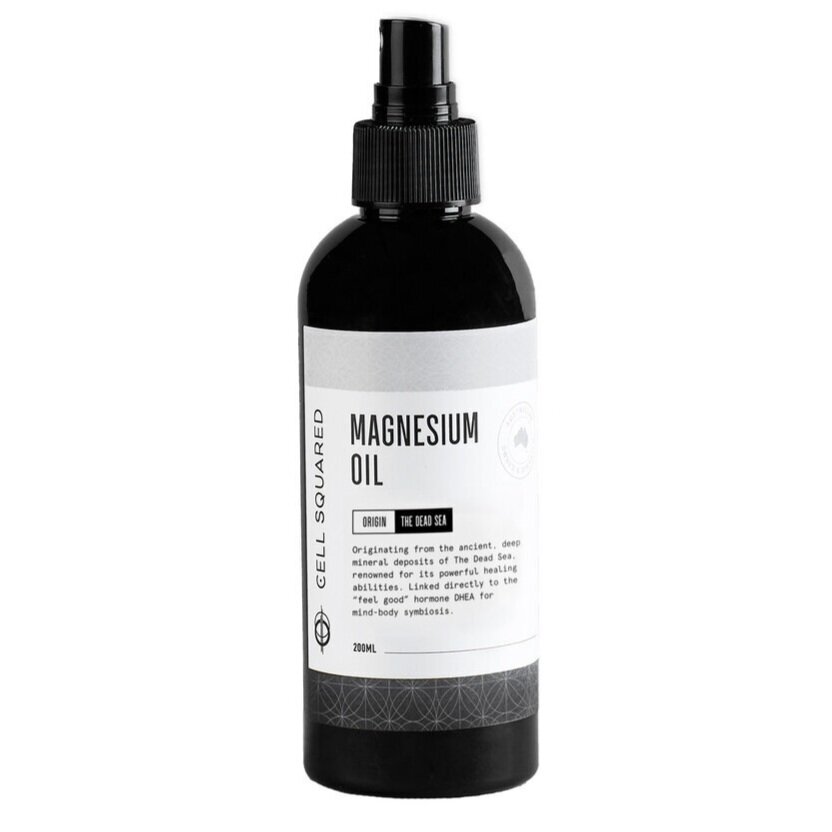Electrolytes on a Carnivore Diet
Electrolytes on a Carnivore Diet
Electrolytes can make or break your results on a keto or carnivore diet. An electrolyte imbalance is often the cause of the “carnivore flu”. Today we are going to talk about the electrolytes: sodium, magnesium, potassium and calcium - signs you are not getting enough of them and how to balance them for optimal health.
What are Electrolytes?
Electrolytes are essential minerals and are vital to many key functions in the body. They are important for:
regulating nerve and muscle function
moving water and fluids within the body
maintaining fluid balance
balancing blood acidity and pressure
rebuilding damaged tissue
On any version of a low carbohydrate diet, whether that be carnivore or keto, our bodies need more electrolytes. This is because when insulin levels are low, as they are when we restrict carbohydrates, the kidneys excrete more sodium and this disrupts other electrolytes as well.
An electrolyte imbalance is often the cause of the “carnivore flu”. Ensuring you are getting the proper amount of electrolytes can reduce symptoms.
Sodium
The presence of sodium is essential for the contraction of muscles, including that largest and most important muscle, the heart. If you are experiencing heart palpitations the place to start is upping your sodium intake!
Signs of a sodium deficiency:
fatigue
headache
heart palpitations
weakness
trouble focusing
Now it is important to distinguish the difference between sodium and salt because I think this throws a lot of people off when they are measuring their intake.
Salt is made up of sodium and chloride, so this means that 1g of salt is not = to 1g of sodium, which is a mistake I often see people making. In reality, there is a bit under 400mg sodium in 1g of salt, which means you might be consuming less than half as much as you thought you were.
So how much should we be aiming for in a day? The general population needs between 3-6g of sodium per day, but as I already stated, when we are eating a low carbohydrate diet, that need can increase.
5g of sodium a day is a good place to start (about 2 ¼ tsp of salt).
Exercise and physical activity increase our need for sodium as well as we lose some through sweat, and this goes if you live in a hot climate as well. If you are pretty active, start at 7g (3 tsp of salt).
You will be able to get some sodium through your food, but probably not enough to meet your bodies requirements. I recommend a high-quality salt like this one. Or a general electrolyte supplement that is high in sodium like this one.
Potassium
Potassium and sodium try to remain in balance within the body. When sodium intake is low, it not only impacts sodium levels but potassium as well.
The kidneys will try to reabsorb more sodium while excreting more potassium to maintain the balance.
Signs of a potassium deficiency:
muscle cramps
muscle twitching
heart palpitations
On a keto or carnivore diet, you require between 3-4.8g of potassium a day.
This is easier to get from food alone than sodium is. A cup of bone broth contains almost 500mg of potassium and 100g of beef contains 350mg. A couple of steaks and a cup or two of bone broth and you have probably hit your daily intake!
Again, if you are active you probably need a bit more If you do not think you are getting enough in a day, you can supplement as well but too much concentrated potassium can be dangerous. Do not supplement without careful consideration.
Magnesium
Magnesium helps to maintain normal nerve function and muscle function, it supports your immune system and regulates your heartbeat.
Sign of a magnesium deficiency:
muscle cramps
muscle twitching
heart palpitations
fatigue
constipation
Most people on a keto or carnivore diet need around 400mg of magnesium a day.
…But again, this can be higher if you are very active!
Beef is relatively low in magnesium with only 20mg per 100g. Mackeral and other cold-water, oily fish are a better source is 100mg per 100g.
You can supplement if you do not think you are getting enough, or another way to increase your levels is transdermally with a spray like this one.
Calcium
Calcium is important for bone health, muscle contractions and blood clotting.
The RDA is set at 1g of calcium per day but a lot of people think this is too high. This is because calcium needs vitamin D and vitamin K2 to be absorbed into the body, and most modern diets are highly lacking in both of these. To make up for the poor absorption, the thinking is to increase calcium but this is hardly a solution.
Even though the RDA is set high, it is still hard to get a decent amount of calcium if you are only eating steak.
100g of beef has only 12mg. If you include dairy in your diet, this is the easiest way to get a good amount. Cheeses, yogurt and butter all have a decent amount. Ground eggshells are another option.
One last thing I would like to add is that another side effect of not getting enough electrolytes can be cravings. If that is something you are struggling with on a carnivore diet, focus on increasing your sodium especially.
Products I Recommend…
Download Your Carnivore Diet Shopping List Now!
Take the guesswork out of meal planning and ensure you’re fueling your body with the best carnivore-friendly foods.
This website is for general informational purposes only. It must never be considered a substitute for advice provided by a doctor or other qualified healthcare professional. Always seek the advice of your physician or other qualified healthcare professional with questions you may have regarding your medical condition.



